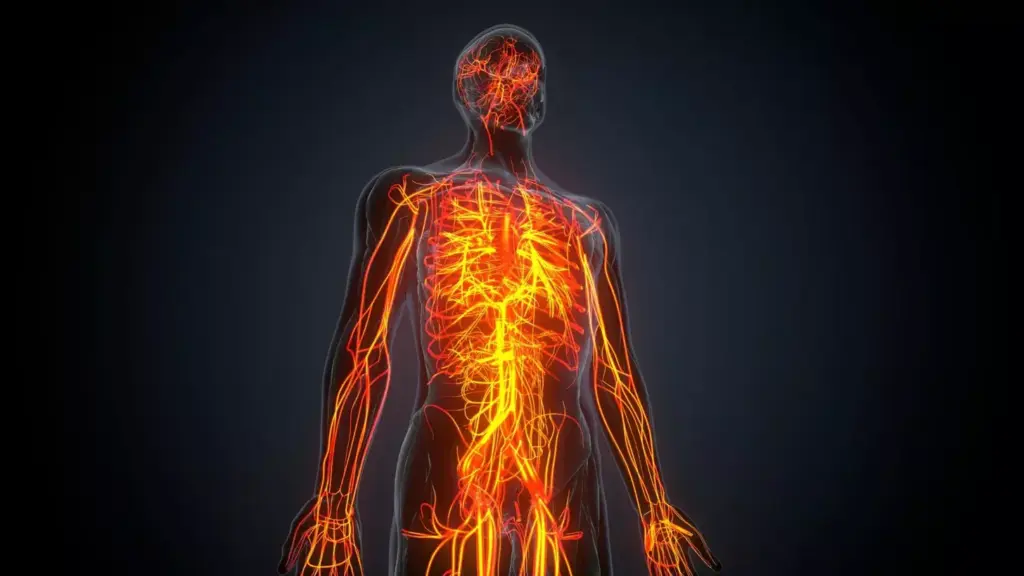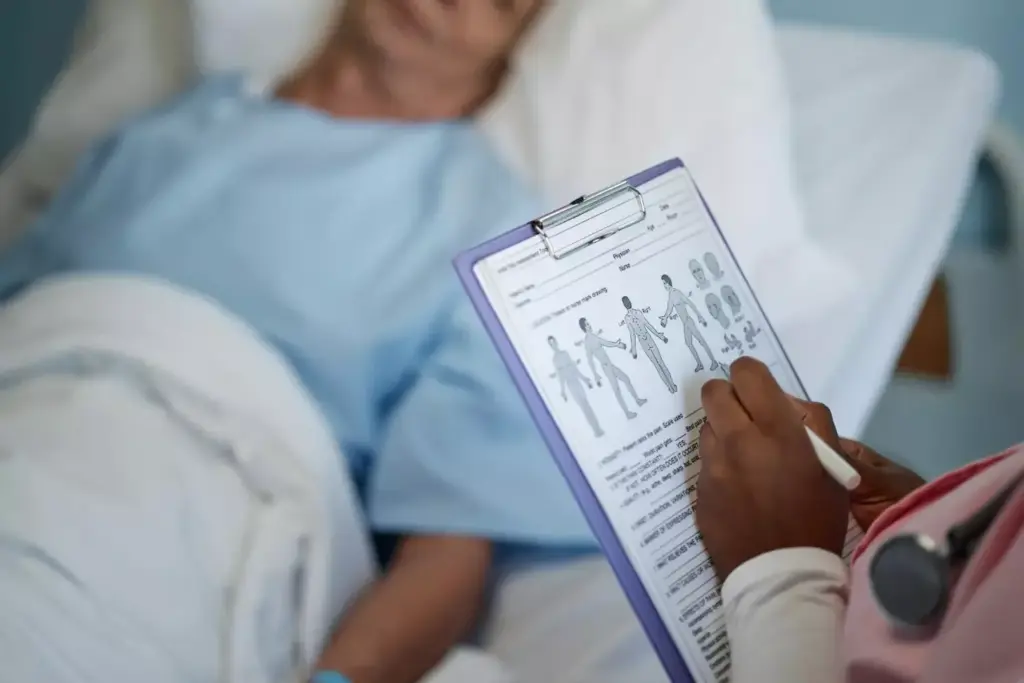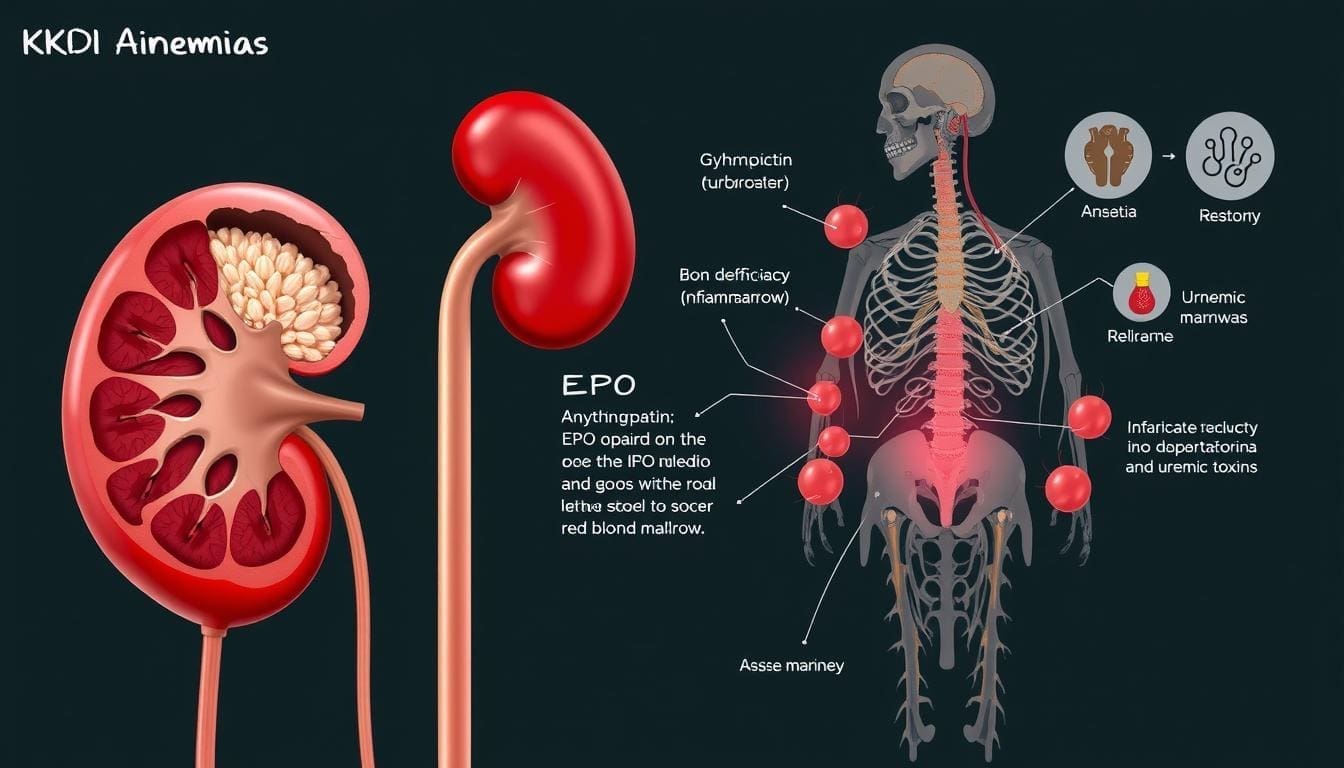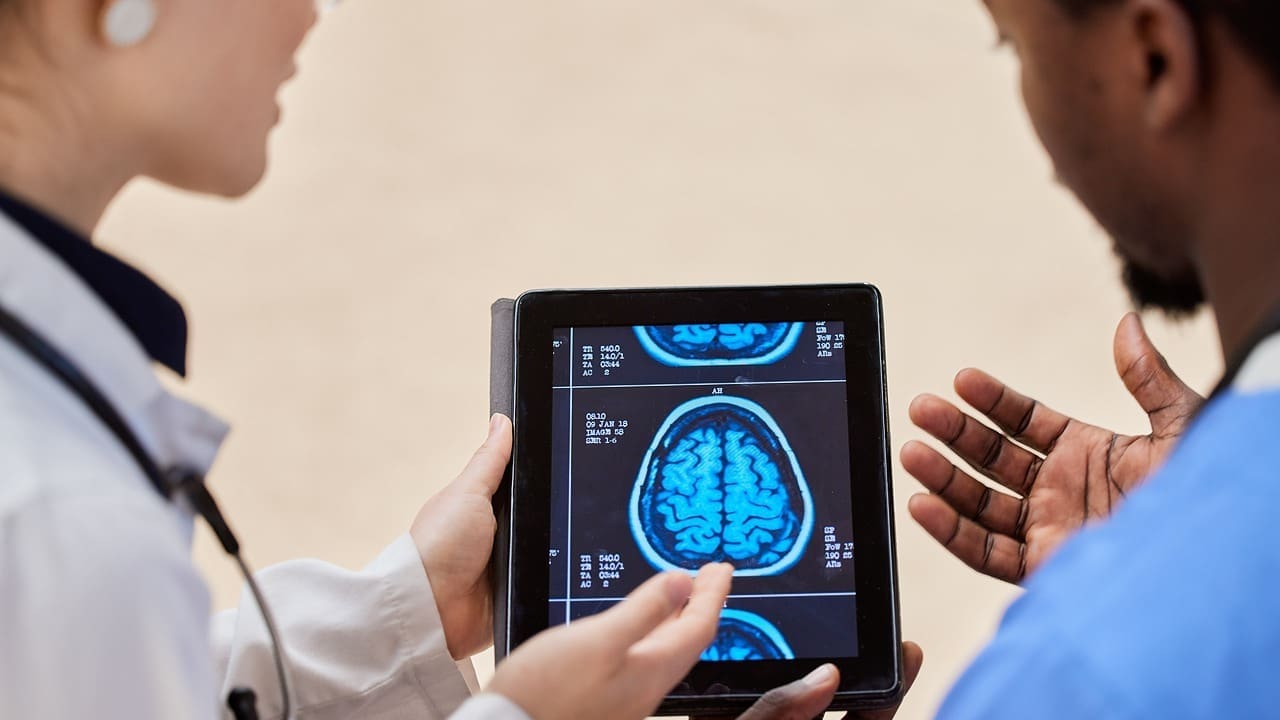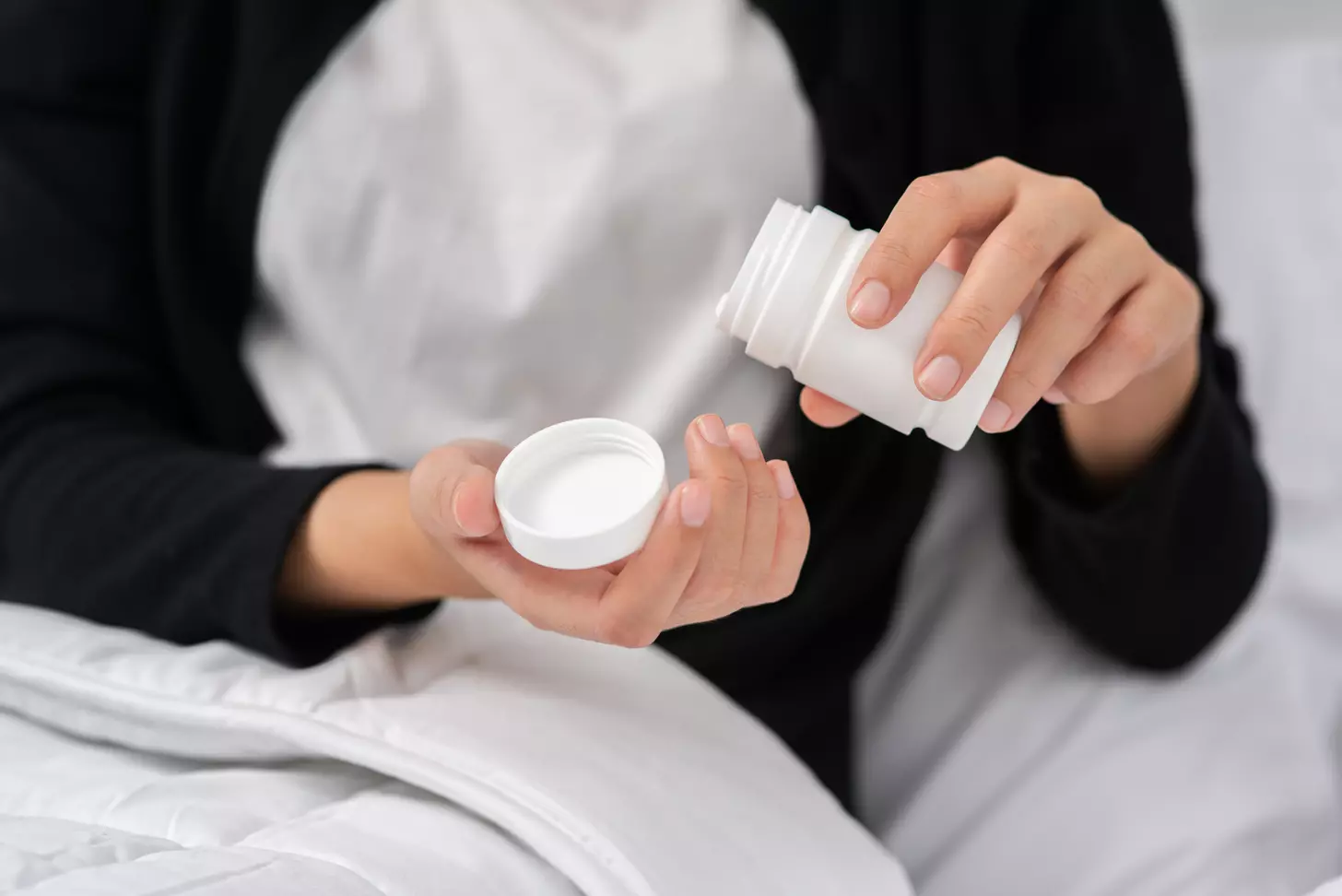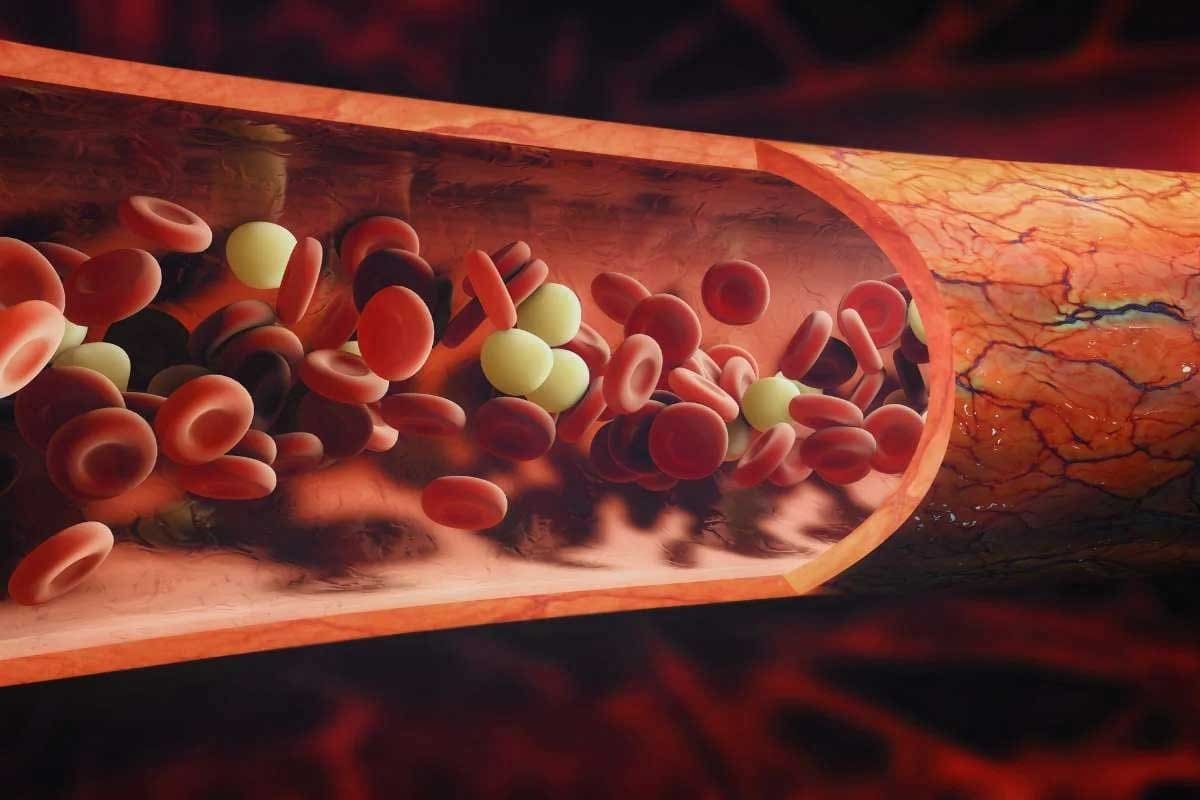Last Updated on November 26, 2025 by Bilal Hasdemir

Many patients worry about recovering from chemotherapy. The recovery time can change a lot from person to person. It depends on the treatment type, health, and age.
Generally, it takes about two months to regain strength for every month of chemo. Cureus and other medical sources say this is a good rule of thumb. But, everyone’s experience can be different.
At Liv Hospital, we know how tough this journey is. Our approach focuses on the patient, using evidence to help. We support survivors from the end of chemo to when they regain their strength.
Key Takeaways
- Chemotherapy recovery time varies widely among individuals.
- The type and duration of chemotherapy influence recovery.
- Overall health and age are significant factors in recovery.
- On average, two months are needed to recover for every month of chemotherapy.
- Liv Hospital offers a patient-centered approach to support recovery.
Understanding Chemotherapy and Its Effects on the Body
To recover well, it’s key to know how chemotherapy works and its body effects. Chemotherapy targets fast-growing cancer cells. But, it can also harm healthy cells, causing side effects.
How Chemotherapy Works
Chemotherapy uses drugs to kill or slow cancer cells. These drugs can be given through IV or pills. They travel through the blood, aiming at cancer cells. The success of chemotherapy depends on the cancer type, stage, and patient’s health.
Immediate vs. Long-term Effects
Chemotherapy’s effects fall into two categories: immediate and long-term. Immediate effects happen during or right after treatment. These include nausea, tiredness, and hair loss. Long-term effects may show up later, like heart or lung damage. Knowing these effects helps in caring for patients and aiding their recovery.
Why Recovery Continues After Treatment Ends
Recovery from chemotherapy takes time, even after treatment stops. The body must repair and grow back healthy cells harmed by treatment. The recovery pace depends on the treatment type, patient’s age, and health. It’s important for patients to be patient and follow care instructions after treatment.
Many patients want to get back to normal quickly after chemotherapy. But, recovery is a slow process. Medical sources like Cureus say it’s vital to understand chemotherapy’s effects. By knowing the immediate and long-term effects and what affects recovery, patients can better handle their healing journey.
Typical Chemo Recovery Time: What Patients Should Expect
Knowing how long it takes to recover from chemotherapy is key for patients. It helps them plan their healing journey. Chemotherapy is a vital cancer treatment, but it has a recovery process that varies for everyone.
The “Two Month Rule”: Recovery Takes Time
Healthcare providers often talk about the “two month rule.” It says for every month of chemo, patients need about two months to recover. This helps set realistic recovery expectations.
For example, if a patient has three months of chemo, they might need six months to fully recover. The exact time depends on the chemo type, the patient’s health, and how their body reacts.
Average Recovery Timeframes
Studies and patient data give insights into average recovery times. The recovery process has several phases, from right after treatment to long-term recovery.
- Immediate recovery (0-3 months post-chemo): Focus on managing acute side effects and initial healing.
- Short-term recovery (3-6 months post-chemo): Gradual improvement in physical strength and reduction in side effects.
- Long-term recovery (6-12 months and beyond): Continued improvement, with some patients taking up to a year or more to feel fully recovered.
Why Recovery Is Gradual, Not Immediate
Recovery from chemotherapy is slow because the body needs time to heal. Chemotherapy targets fast-growing cancer cells but also affects other cells, like those in the bone marrow and hair follicles.
The healing process involves:
- Rebuilding immune function
- Restoring energy levels
- Regenerating damaged tissues
This slow recovery shows why patience and supportive care are vital during the recovery period.
Common Physical Side Effects During Recovery
Patients going through chemotherapy recovery face many physical side effects. These can really affect their daily life. Knowing about these side effects and how long they last can help patients deal with recovery better.
How Long Does Chemotherapy Fatigue Last?
Chemotherapy fatigue is a big problem for many. It can last for months after treatment ends. Some people may feel tired for a year or more.
How long fatigue lasts can vary a lot. It depends on the treatment type, the patient’s health, and other symptoms.
Factors Influencing Chemotherapy Fatigue:
- Type and duration of chemotherapy treatment
- Age and overall health status
- Presence of anemia or other comorbidities
- Level of physical activity during and after treatment
Immune System Recovery Timeline
The immune system takes time to recover after chemotherapy. It usually starts to get better a few months after treatment stops. But, it can take up to a year or more for a full recovery.
The recovery time can change based on the treatment’s intensity and the patient’s health.
| Timeframe | Immune System Recovery Milestones |
|---|---|
| 0-3 months | Initial recovery phase; white blood cell count begins to rise |
| 3-6 months | Immune function improves; risk of infection decreases |
| 6-12 months | Significant recovery of immune function; most patients can resume normal activities |
Hair, Skin, and Nail Regeneration
Hair starts growing back a few months after chemotherapy ends. But, the rate and texture can differ. Skin and nail health also get better over time. Some people might notice changes in skin sensitivity or nail brittleness during recovery.
Regeneration times can vary. But, generally, patients can expect:
- Hair regrowth to start within 3-6 months
- Skin health to improve within 6-12 months
- Nail regeneration to occur over several months, with full recovery potentially taking up to a year or more
Emotional and Cognitive Effects After Chemotherapy
Chemotherapy affects more than just the body. It also impacts a patient’s emotions and brain function. Knowing this helps in supporting them fully during recovery.
“Chemo Brain” and Cognitive Function
“Chemo brain” is a term for the brain fog many face after chemo. It makes it hard to remember things, focus, and process information. Research shows that up to 75% of patients experience some level of cognitive impairment.
The exact reasons for “chemo brain” are not clear. But, it’s thought that chemo drugs can mess with the brain’s workings. This can lead to:
- Forgetting appointments or tasks
- Struggling to concentrate
- Slow information processing
Emotional Processing and Mental Health
Chemotherapy also takes a toll on emotions. Many patients feel anxious, depressed, or experience mood swings. It’s important to process these emotions during treatment.
Having a strong support network is key. Family, friends, and mental health experts can help a lot. Mental health support is essential for many.
When Cognitive Function Typically Improves
Recovery times vary, but most see their brain function improve over time. Studies indicate that for many, this happens within 6 to 12 months after chemo ends.
But, some may face ongoing brain challenges. The type and amount of chemo, age, and health play roles. A healthy lifestyle, including exercise and mental activities, can aid in recovery.
- Do activities that challenge your mind to build cognitive reserve.
- Eat a diet full of fruits, veggies, and omega-3s.
- Stay active to boost health and brain function.
Understanding the emotional and cognitive effects of chemo helps patients cope better. By supporting their recovery, we can help them thrive after treatment.
Key Factors That Influence Recovery After Chemotherapy
Recovering from chemotherapy is different for everyone. It’s important to know what affects how well someone recovers. This helps us understand the healing process better.
Type and Duration of Chemotherapy Treatment
The kind and length of chemotherapy treatment matter a lot. Some treatments are tougher and cause more side effects. For example, some drugs can make you tired, lose hair, or feel numb.
How long you’re treated also affects your recovery. Longer treatments can mean more time dealing with side effects.
Chemotherapy for different cancers can have different effects on recovery. Knowing what treatment you’re getting helps set realistic recovery goals.
Age and Overall Health Status
Age and health are big factors in recovery. Older people might take longer to get better because their bodies aren’t as strong. Younger people with fewer health problems usually recover faster.
Being healthy and well-nourished also helps. Patients who are well-fed and healthy tend to recover better than those who aren’t.
Presence of Complications
Complications during or after chemotherapy can slow down recovery. Issues like infections, severe anemia, or organ damage can make it harder to get better. Secondary problems like lymphedema or neuropathy can also affect recovery.
It’s key to watch for complications and treat them quickly. This helps avoid making recovery harder.
Support Systems and Resources
Having a strong support system and access to resources helps a lot. This includes medical help, emotional support, and practical aid. People with good support tend to do better and feel more positive during recovery.
We suggest using family, friends, and healthcare providers for support. Also, looking into counseling, rehabilitation, and support groups can be very helpful.
Life After the Last Day of Chemotherapy
How Long Does Chemo Continue to Work After Treatment?
Chemotherapy keeps working even after the last treatment. The drugs stay in the body for a while. How long depends on the treatment type, the patient’s health, and the cancer type.
Research shows some drugs can stay active for weeks. For example, doxorubicin can linger in the body for days. Knowing this helps manage expectations and care plans.
Medical Follow-up Protocol
After chemotherapy, a good follow-up plan is key. This includes regular check-ups to watch for cancer return and manage side effects. How often depends on the cancer type, stage, and health.
A typical plan includes:
- Regular physical exams
- Imaging tests (e.g., CT scans, MRI)
- Blood tests to monitor tumor markers
- Discussion of any new symptoms or concerns
For those who had allogeneic stem cell transplant, follow-up is even more important. This is because the treatment is complex and can lead to complications.
Monitoring for Late Effects
Late effects of chemotherapy can show up months or years later. These can include heart issues, secondary cancers, and brain problems. Keeping an eye on these is a big part of long-term care.
| Late Effect | Potential Symptoms | Monitoring Strategy |
|---|---|---|
| Cardiac Issues | Shortness of breath, chest pain | Regular echocardiograms |
| Secondary Cancers | Varies depending on cancer type | Regular screenings, imaging tests |
| Cognitive Issues | Memory problems, difficulty concentrating | Cognitive assessments, neuropsychological tests |
When Does Chemo Hit You the Hardest?
Chemotherapy can affect patients differently. For some, side effects peak during treatment. For others, they get worse after treatment ends. Knowing when to expect this helps manage symptoms better.
The time after chemotherapy is complex and needs careful management. By understanding what to expect and how to watch for issues, patients can handle this phase better.
Returning to Daily Activities: Realistic Timelines
Chemotherapy recovery is more than just finishing treatment. It’s about getting back to daily life. Patients often wonder when they can return to work, physical activities, and social events.
How Long After Chemo Can I Return to Work?
Going back to work after chemotherapy is a big step. The time it takes varies. It depends on the type of chemotherapy, the patient’s health, and their job.
Usually, patients can go back to work a few weeks to a few months after treatment.
Factors to Consider:
- Physical demands of the job
- Energy levels and fatigue
- Immune system recovery
| Job Type | Average Return to Work Time |
|---|---|
| Desk Job | 2-4 weeks |
| Physical Labor | 6-12 weeks |
Resuming Physical Activities and Exercise
Starting physical activities and exercise is key. It helps regain strength and improve health. Begin with gentle exercises and slowly increase intensity.
Social Reintegration and Family Life
Getting back into social activities and family life is important. Start with small steps. Balance your energy with the desire to spend time with loved ones.
Tips for Social Reintegration:
- Start with small gatherings
- Communicate with loved ones about your energy levels
- Prioritize activities that bring joy and relaxation
Understanding these timelines and tips helps patients smoothly return to daily activities after chemotherapy. It ensures a smoother transition back to normal life.
Strategies to Support Recovery and Healing
Recovering from chemotherapy is more than just waiting for your body to heal. It’s about actively working on strategies that help your body recover. A mix of lifestyle changes, medical support, and personal care can greatly improve your healing.
What Is the Fastest Way to Recover from Chemotherapy?
The fastest recovery from chemotherapy comes from a holistic approach. This includes good nutrition, enough rest, and the right amount of physical activity. Healthcare experts say that a balanced lifestyle helps patients recover faster and better. Nutrition is key because it gives your body the needed materials for repair.
“A well-nourished body is better equipped to handle the challenges of recovery,” says a leading oncologist. “Focusing on nutrient-rich foods can make a significant difference in a patient’s recovery journey.”
Nutrition and Hydration
Good nutrition and hydration are essential for recovery. Patients should eat foods rich in fruits, vegetables, whole grains, and lean proteins. Staying hydrated is also vital, as it helps your body work well and get rid of toxins.
- Include a variety of colorful fruits and vegetables in your diet to maximize nutrient intake.
- Choose whole grains over processed grains for better fiber and nutrient content.
- Stay hydrated by drinking plenty of water throughout the day.
Physical Activity and Rest Balance
Finding the right balance between physical activity and rest is key for recovery. Gentle exercises like yoga or short walks can improve circulation and reduce fatigue. But, it’s also important to rest when your body needs it.
Physical activity should be tailored to the individual’s current health status, and it’s advisable to consult with a healthcare provider before starting any new exercise regimen. Rest and relaxation techniques, such as meditation or deep breathing, can also support mental and emotional well-being.
Complementary Therapies
Complementary therapies like acupuncture, massage, and mindfulness practices can offer extra support during recovery. These therapies can help manage symptoms, reduce stress, and improve quality of life.
It’s important to talk to your healthcare provider about any complementary therapies. This ensures they are safe and right for your situation.
Conclusion: Embracing the Journey Beyond Chemotherapy
As we wrap up this guide on recovering from chemotherapy, it’s clear that the journey after treatment is key. Recovery takes time, patience, and support. We’ve looked at how recovery time can vary based on treatment type, age, and health.
Every person’s recovery path is different. It’s important to recognize the emotional and mental hurdles patients may face. By understanding these challenges and finding ways to support recovery, patients can find it easier. We stress the need for ongoing support, like medical check-ups, good nutrition, and hydration, to help them move past chemotherapy smoothly.
We urge patients to keep in touch with their healthcare team and loved ones. This way, they can face the challenges of chemotherapy and come out stronger. We hope this guide has given valuable insights and help for those on the recovery journey after chemotherapy.
FAQ
How long does it take to recover from chemotherapy?
It usually takes about two months to recover for every month of chemotherapy. But, recovery times can vary a lot. This depends on the type and length of chemotherapy, your health, and age.
What affects chemotherapy recovery time?
Several things can affect how long it takes to recover from chemotherapy. These include the type and length of treatment, your age, health, and if you have any complications. Also, having support and resources helps.
How long does chemotherapy fatigue last?
Fatigue from chemotherapy is common and can last differently for everyone. How long it takes to feel better depends on your health and if you have other side effects.
When can I expect my immune system to recover after chemotherapy?
It usually takes several months for your immune system to get back to normal after chemotherapy. The exact time depends on the treatment type, length, and your health.
How long does it take for hair, skin, and nails to regenerate after chemotherapy?
Hair, skin, and nails grow back at different rates. Hair usually grows back in a few months. Skin and nail health can take longer to get back to normal.
What is “chemo brain,” and when can I expect my cognitive function to improve?
“Chemo brain” is a common issue that affects memory and concentration. It usually gets better over time. But, how long it takes varies based on your health and other side effects.
How long after chemotherapy can I return to work?
Going back to work after chemotherapy depends on several factors. These include the treatment type, length, your health, and your job. It’s best to start with part-time or modified duties.
What is the fastest way to recover from chemotherapy?
To recover quickly from chemotherapy, focus on a few key things. Eat well, stay hydrated, balance rest and activity, and try complementary therapies. These steps can help improve your recovery and overall health.
How long does chemotherapy continue to work after treatment ends?
Chemotherapy keeps working in your body for some time after treatment. How long it lasts depends on the type of chemotherapy and your individual factors.
When does chemo hit you the hardest?
Chemotherapy can be toughest during the initial treatment phase. But, side effects can also last or appear during recovery. Knowing when it’s hardest and how to manage it is key for ongoing care.


